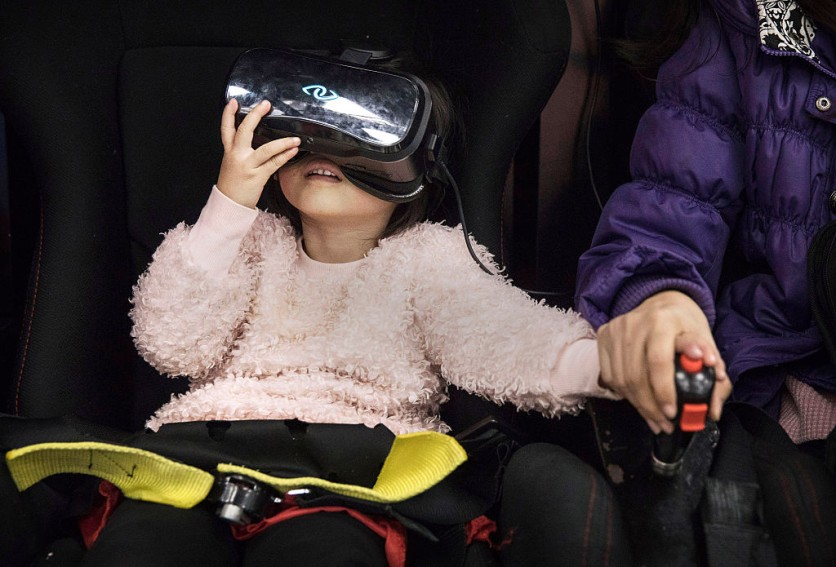A group of researchers employed machine learning, eye tracking, and virtual reality (VR) games - demonstrating that changes in eye movements can identify ADHD, which could give rise to a more accurate diagnosis of attention deficits.
Their method might also serve as the foundation for an ADHD treatment plan and with some adjustments, may be used to diagnose other disorders like autism, as per a press release.

ADHD Detecting VR Games
Around 6% of children worldwide suffer from ADHD, a prevalent attention disorder. However, the diagnosis of ADHD is still heavily reliant on interviews, questionnaires, and other subjective observation methods.
Now, researchers from Aalto University, Abo Akademi University, and the University of Helsinki have collaborated to create the virtual reality game EPELI, which may be used to evaluate children's ADHD symptoms by mimicking real-world scenarios.
In a virtual reality game, the researchers monitored the eye movements of kids and used machine learning to detect differences in kids with ADHD.
Thirty-seven kids with ADHD and 36 kids in a control group participated in the new study. The kids engaged in EPELI as well as in another game called "Shoot the Target", in which they had to hunt for objects in the area and shoot them.
An alumnus of Aalto and current employee of Peili Vision Oy Topi Siro oversaw the creation of the EPELI video game. The game offers a selection of tasks that replicate daily activities, such as eating a banana and brushing your teeth.
The player must perform the duties even in the presence of environmental distractions, such as an on-screen TV.
The game tracks every action the child makes, including how frequently they click the controls and how quickly they complete their assignments.
Read Also : Are We Heading Into The New Age of Tourism? VR Headset Tours 'Could' Replace Physical Trips, Experts Claim
Potential Uses of VR Games
Virtual reality games could have many therapeutic uses, according to the researchers. They add that gaming may also be used to support ADHD rehabilitation in addition to symptom assessment.
Project lead Juha Salmitaival said that they want to develop a gamification-based digital therapy to help kids with ADHD engage in activities that they would find unexciting.
Salmitaival noted that there is already an approved game for ADHD rehabilitation in the US and that the team is already looking at other rehabilitation possibilities in a joint project with the University of Oulu.
Researchers have already discovered further possible uses for EPELI in evaluating a variety of concerns faced on a daily basis. It has the potential to assess issues with activity planning and flexibility in individuals with autism.
This method could be modified to evaluate dementia caused by aging, linguistic impairment, brain injury, adult ADHD, signs of cerebral palsy, and even memory loss, according to the research team.
Their Geneva collaborators are studying illnesses associated with aging. Salmitaival said that early diagnosis of Parkinson's and Alzheimer's diseases is a major opportunity for the VR game.
Related Article : Global VR Headset Market Grows by Over 240% in Q1 2022 | Can Meta Sustain its Wearable Production?

ⓒ 2025 TECHTIMES.com All rights reserved. Do not reproduce without permission.




